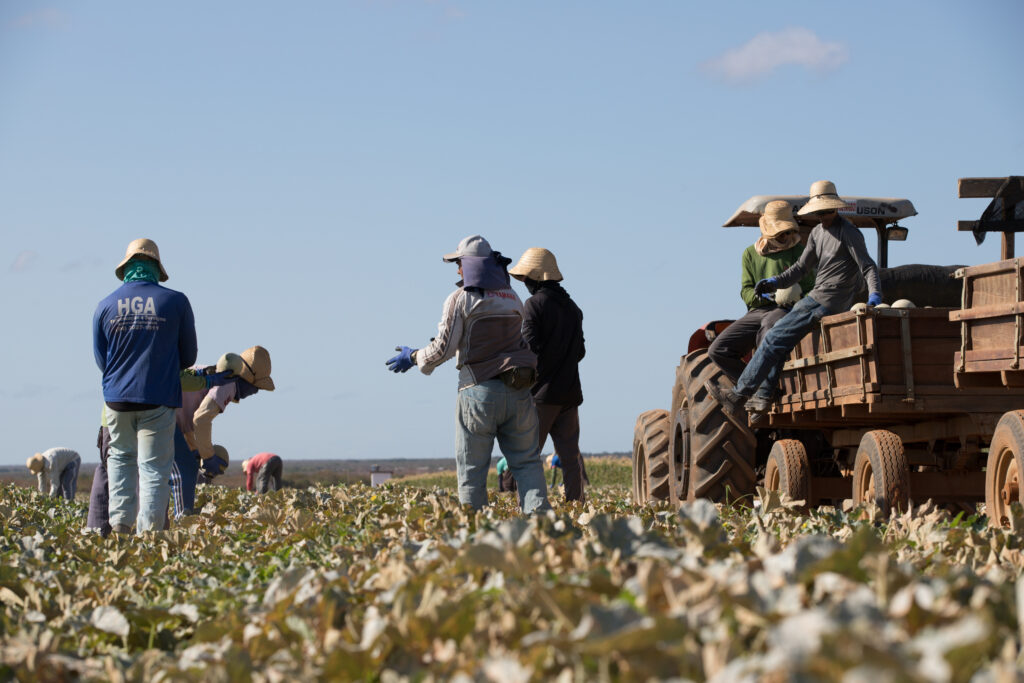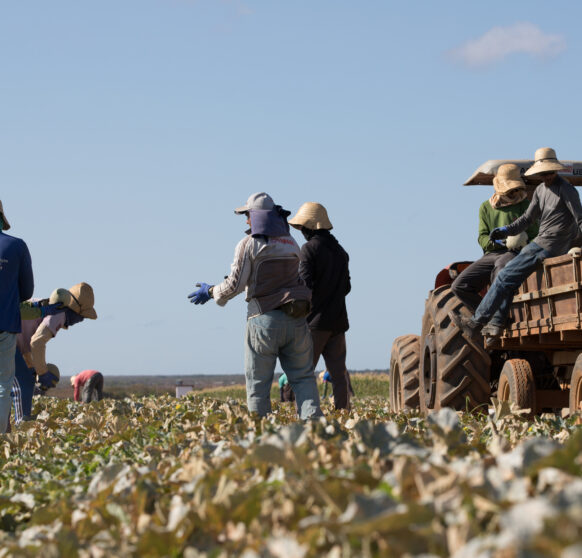SUMMARY
The hidden costs of Brazil’s food system are estimated at approximately 500 billion USD annually, primarily driven by unsustainable production practices and GHG emissions. FSEC envisions a transformation scenario for Brazil extending up to 2050, indicating that these costs could be cut by over 200 billion USD annually. Ending illegal deforestation, incentivizing sustainable resource use, improving access to finance particularly for small farmers and ensuring a fair transition are strategic priorities for transforming Brazil’s food system. An integrated strategy tailored to local priorities and circumstances can help address the unavoidable tensions between multiple objectives that transforming food systems entails.

